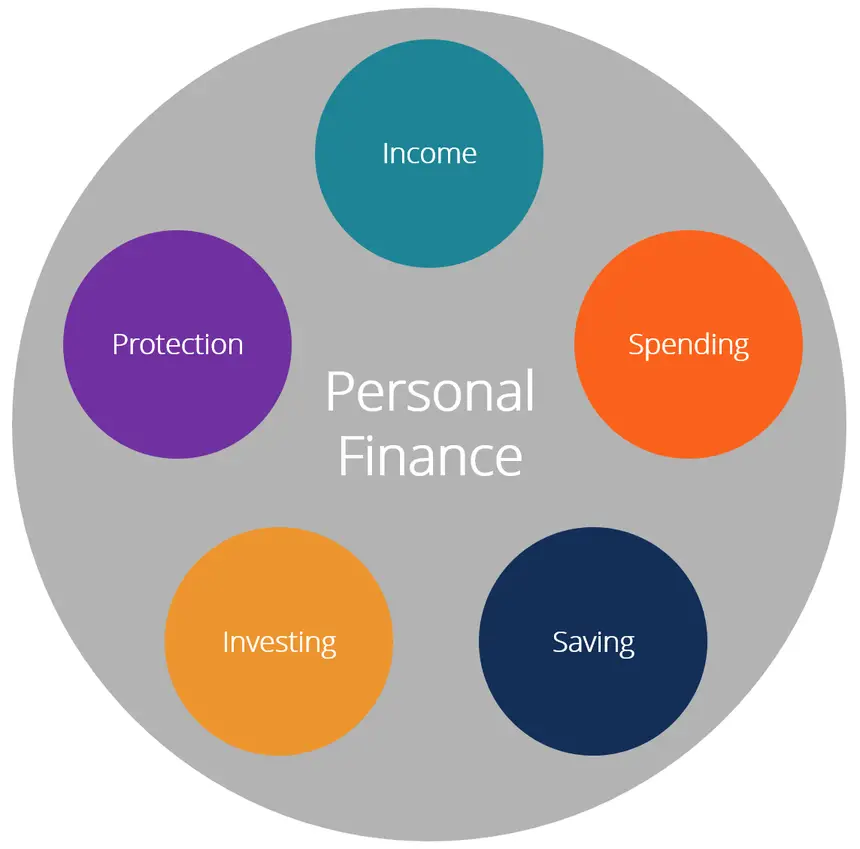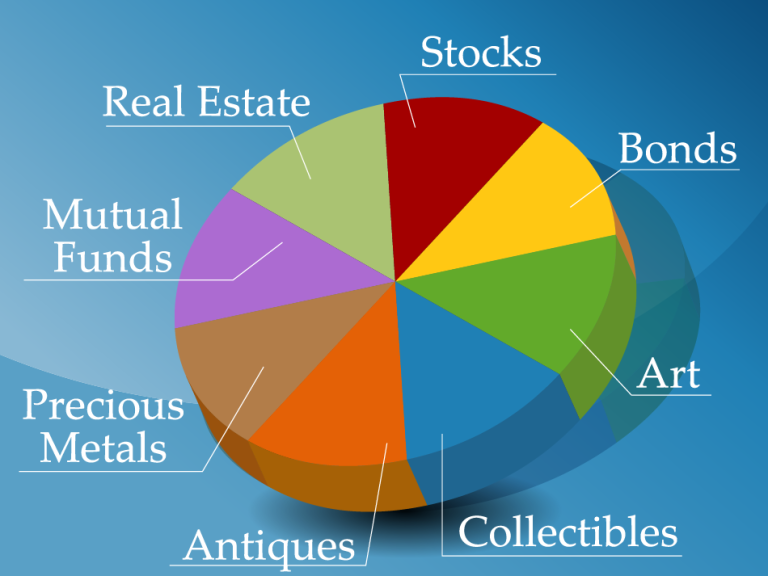
Personal finance involves managing your income, expenses, savings, and investments to achieve financial stability and meet your financial goals. The four pillars of personal finance are assets, liabilities, income, and expenses, which together form the foundation of your financial health.
To structure your personal finance, start by understanding your income, which includes all sources of cash inflow that you receive and use to support yourself and your family. Next, assess your expenses, which encompass all types of costs related to buying goods and services or anything that is consumable. Balancing these two areas is crucial for maintaining financial stability.
Savings and investments are also essential components of personal finance. Saving involves setting aside a portion of your income for future use, while investing involves allocating funds to grow your wealth over time. Protecting your financial assets through insurance and other protective measures is another important aspect of personal finance.
To effectively manage your personal finance, create a budget that outlines your income and expenses, and regularly review and adjust it as needed. Reducing debt can also help improve your financial situation by freeing up more funds for savings and investments.
Assets: These are resources that you own and have value, such as property, investments, and savings.
Liabilities: These are debts or obligations that you owe, such as loans or credit card balances.
Income: This is the money you earn from various sources, including employment, investments, and other income streams.
Expenses: These are the costs you incur for goods and services, including both essential and discretionary spending.
By focusing on these four areas, you can build a solid financial structure that supports your long-term financial goals and helps you achieve financial security.



